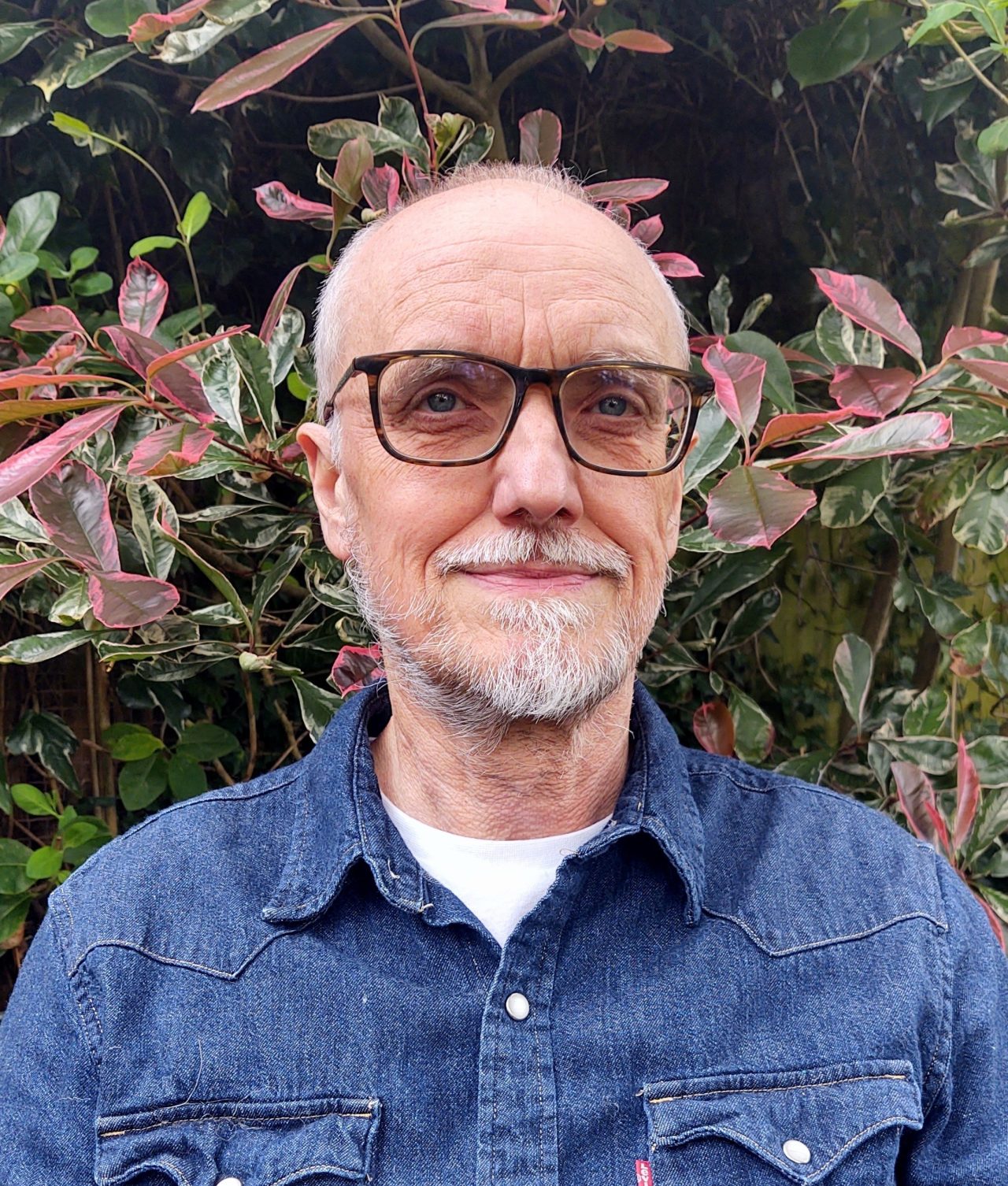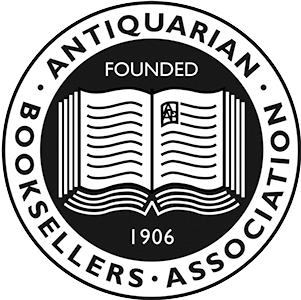ABA News
Meet one of the ABA's newest members, Wool House Autographic

Q&A with one of the ABA's newest full members, Anthony Mulholland of Wool House Autographic.
Q: You have been a bookseller for many years, what were some of the initial features that attracted you to the trade?
In my previous life I worked in the theatre after reading Drama at Bristol University and then a year in Paris at a French Theatre School. Then I was a radio dramatist and a TV researcher then latterly a scriptwriter for many years. I was getting tired of TV, however, and TV was, I am fairly certain getting tired of me. Pondering what else I might do and, having haunted book fairs and bookshops for years I began to consider bookselling. Eventually, knowing absolutely nothing of mechanics of the trade, I took the plunge, attracted by the idea of turning a pleasant hobby into a career.
Q: Your business - Wool House Autographic deals mainly in autographs, letters of correspondence and manuscripts. Have you always been interested in these specialisms, or did they evolve over time?
I started out selling the books I had accumulated over the years and then, to replenish stock started buying at auction, which was initially terrifying. In the beginning I was very conscious that if I was to make a go of this I would have to learn very quickly. I felt I was serving an apprenticeship in the book trade and tried out various avenues, but I gravitated more and more towards manuscript material, which I found more immediately satisfying to handle. Such material often requires some detective work, and I love piecing the available evidence together to give an item context and value and bringing it to life. I'm not especially interested in autographs per se, and while it is marvellous to hold a Dickens letter in one's hands, I am just as, if not more interested in those characters lost to history, but who, nonetheless contribute in some way to our knowledge of the past. History is my real passion, though it took some years before I realised that.
I have also come to understand that there is a certain continuity with my previous career. As a scriptwriter I would be fascinated by a subject for a time, but then, once the story was told, would happily move on to something else, my interest exhausted. I am just the same now. I acquire, say, an archive of letters, tell their story as best I can then move on to something else. I like bringing out the essential narrative, revealing the historic value, and bringing something previously hidden into the light of day. The continuity is in my love of a strong narrative. When it comes down to it, I like telling stories and I feel I can do that best with manuscript material, where the story may not be immediately apparent.
Q: Many of our members have a range of international clients and collectors, do you have local clientele that are interested in collecting?
The pandemic and the loss of fairs accelerated changes which were already taking place in how I worked. Of course, one has customers, collectors and the trade whom one sees regularly at fairs, but over the past eighteen months I have sold much more to institutions; libraries, museums and universities, which remained open for acquisitions. This has changed to some extent what I buy, and what I am looking for. Quite a lot of what I acquire now doesn't even reach the open market because I pitch it first to an institution. I get an enormous sense of satisfaction placing something in what I consider to be its proper home where true scholars of the subject can access it.
Q: Some booksellers offer valuations or opportunities for the public to sell their items to dealers, have you come across one or two remarkable items from the Rye (or wider South England) public that have caught your eye?
In my line I don't get many house calls, though when I did buy books, I was often astonished at what could turn up in a private house. I remember going into a house in a neighbouring village (I live in Deep Sussex) and the retired doctor showing me his collection of books on the subject of Clysters - enemas. Turns out there's a surprising amount of literature on the theme. Niche - in every sense of the word.
Nowadays, it is almost invariably in the sale room that I find things. A sale room is often enough a theatre of disappointment, but I have found some remarkable things in auction houses, and it is incredible what still - thankfully - goes under the radar. But you have to really look. There are two kinds of people in the world (probably more but I don't get out much); those whose eyes light up faced with boxes of paper and those who glaze over. I am of the former disposition.
Q: If you had not become a bookseller, what other profession do you think you would have pursued?
In another life I like to think I would have been a historian. I occasionally picture myself in an ivory tower with a view over an ancient quad, where busy undergraduates wend their studious way, while I pore over a fragile manuscript (perhaps in an exotic language) occasionally emerging with a dense exegesis of an obscure text. My life choices have, however amply demonstrated to me that I would not have been cut out for the ivory tower.
But really, I count myself very fortunate after Radio and TV to have found a new career in this congenial trade and have not missed working in the media for a second.
Q: What are you most looking forward to as a new member of the ABA?
Since starting on this marvellous game I have been lucky to meet many people, now colleagues and friends, who have been wonderfully generous with their expertise and encouragement. I suppose I hope now to widen that circle. But I hope, too after some years at this that I can bring something to the table. I have become pretty good at deciphering Victorian handwriting, so there's that.
Contact Details for Wool House Autographic available here.
